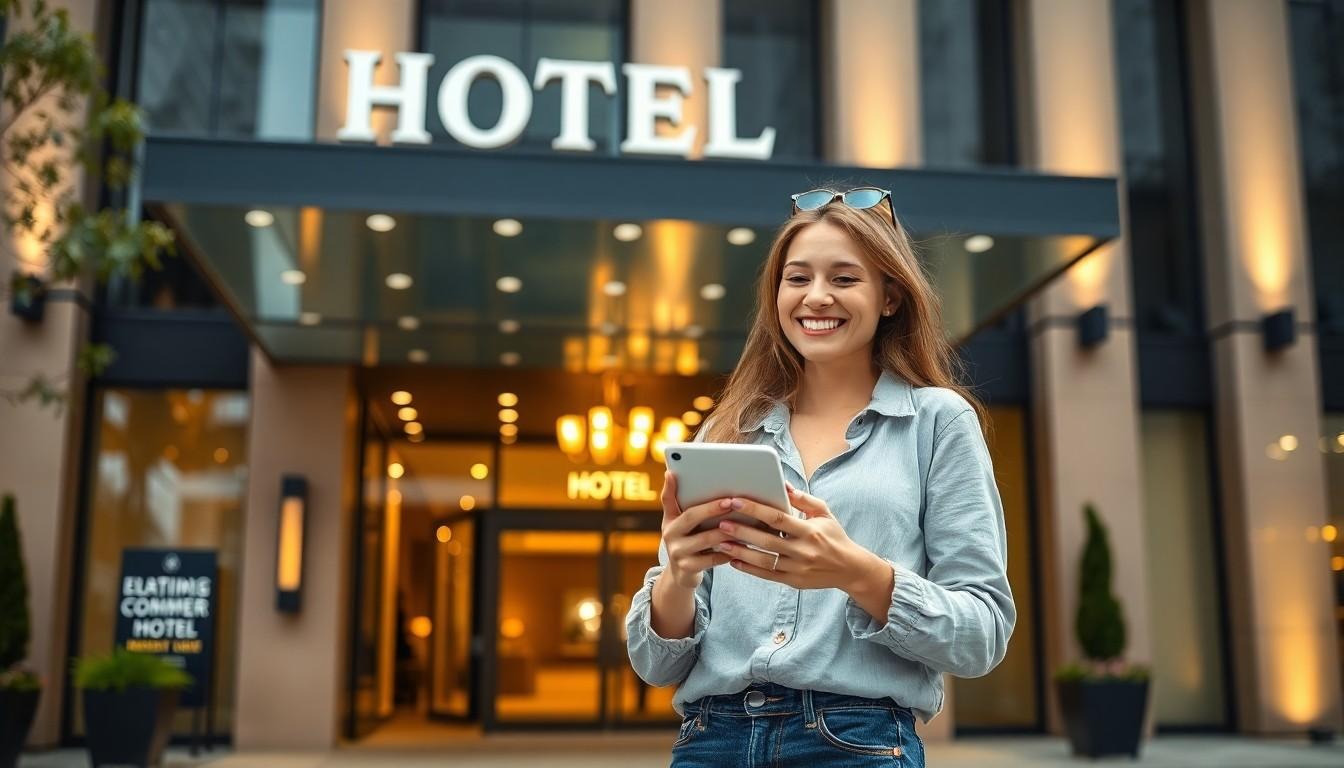In the bustling world of hospitality, a well-crafted social media marketing strategy can make all the difference between a hotel that’s fully booked and one that’s as empty as a ghost town. With travelers scrolling through their feeds for the next great getaway, hotels must harness the power of social media to stand out and attract guests. It’s not just about posting pretty pictures of the pool; it’s about creating a buzz that gets people excited to hit the “book now” button.
Imagine a hotel that not only showcases its stunning views but also engages with potential guests in a witty and charming way. From Instagram-worthy moments to clever tweets, a savvy social media presence can transform a hotel into a must-visit destination. Dive into the essentials of crafting a killer social media strategy that’ll have guests clamoring for a stay, all while keeping it fun and professional.
Social Media Marketing Strategy for Hotel
Social media plays a crucial role in the hotel industry, serving as a platform for engagement and connection with guests. It enables hotels to showcase their unique features, such as amenities, services, and local attractions. When hotels share high-quality images and stories, they create an inviting online atmosphere that entices potential visitors.
Effective social media marketing drives brand awareness and attracts new clientele. Statistics show that 79% of consumers’ purchasing decisions are influenced by social media. This statistic underscores the need for hotels to maintain an active presence across various channels, including Facebook, Instagram, and Twitter.
Guest engagement fosters loyalty and repeat business. Hotels that quickly respond to inquiries and comments create a sense of community. Building relationships through social media can result in positive reviews that further enhance a hotel’s reputation.
Promotions and special offers can reach a wider audience through social media. Targeted advertising allows hotels to tailor their messages to specific demographics, increasing the likelihood of conversions. For instance, utilizing Facebook Ads enables hotels to promote exclusive deals to prospective guests based on their interests and behaviors.
Lastly, hotels that leverage user-generated content enhance their online credibility. Encouraging guests to share their experiences and tag the hotel can lead to authentic testimonials that resonate with future visitors. This strategy transforms satisfied customers into advocates, creating a positive cycle of promotion and engagement.
Key Components Of A Social Media Marketing Strategy For Hotels

A successful social media marketing strategy for hotels hinges on several key components that drive engagement and bookings.
Defining Target Audience
Identifying the target audience forms the foundation of any social media strategy. Consider the demographics of potential guests, including age, location, and interests. For instance, families with children may prioritize amenities like swimming pools and kid-friendly activities. Likewise, young professionals might seek trendy dining options and nightlife. Data indicates that 79% of consumers engage with hotel brands on social media, making it critical to tailor content that resonates with those segments. Engaging directly with prospective guests through comments, messages, and polls fosters a sense of connection.
Choosing The Right Platforms
Selecting appropriate social media platforms ensures maximum visibility and engagement. Facebook appeals to a broad audience, making it ideal for sharing events and promotions. Instagram shines with visual content, attracting guests inspired by stunning images of the hotel and surroundings. Twitter excels in real-time communication, perfect for quick responses and updates. Each platform offers unique advantages, so prioritizing based on the hotel’s target audience enhances reach. Understanding audience behavior informs decisions on which channels to utilize effectively, ensuring that marketing efforts yield positive results.
Creating Engaging Content
Creating content that resonates with potential guests involves using diverse formats appealing to different emotions. Tailored visuals, vibrant descriptions, and interactive posts spark interest and invite engagement. Captivating storytelling enhances connection, showcasing unique hotel features and local attractions.
Types Of Content That Captivate Guests
Photos spark interest and draw attention. High-quality images of hotel rooms, amenities, and local attractions entice prospective visitors. Videos offer immersive experiences; virtual tours showcase the property and create excitement. Informative blog posts provide valuable insights into local events and attractions. Polls and quizzes encourage interaction, helping hotels understand guest preferences while increasing engagement. Promotions and giveaways excite audience participation, motivating shares and boosting visibility.
User-Generated Content And Its Benefits
User-generated content builds trust and authenticity. Encouraging guests to share their experiences on social media creates organic promotion. This content acts as genuine testimonials, reflecting real guest experiences that resonate with potential visitors. Featuring user-generated images on hotel platforms enriches the brand story and fosters community. Recognition and engagement with these users deepen connections, enhancing loyalty and encouraging repeat visits. By leveraging authentic content, hotels establish credibility and cultivate a welcoming online atmosphere.
Measuring Success
Measuring success in social media marketing for hotels requires a clear understanding of performance metrics. Focusing on Key Performance Indicators (KPIs) provides valuable insights into the effectiveness of marketing efforts.
Key Performance Indicators (KPIs) To Track
- Engagement Rate
Engagement rate reflects how well content resonates with the audience. It includes likes, shares, comments, and other interactions.
- Reach and Impressions
Reach measures the total number of unique users who see posts, while impressions indicate how often posts appear on screens. Tracking these figures assesses brand visibility.
- Click-Through Rate (CTR)
CTR reveals the percentage of users who click on links included in posts. It indicates the effectiveness of call-to-action strategies in driving traffic to hotel websites.
- Conversion Rate
Conversion rate shows how many users complete desired actions, such as booking a room. This metric evaluates overall campaign success in driving bookings.
- Audience Growth Rate
Audience growth rate tracks how quickly a hotel’s follower count increases over time. It reflects brand appeal and overall online popularity.
Tracking these KPIs enables hotels to refine their social media strategies and enhance marketing outcomes.

